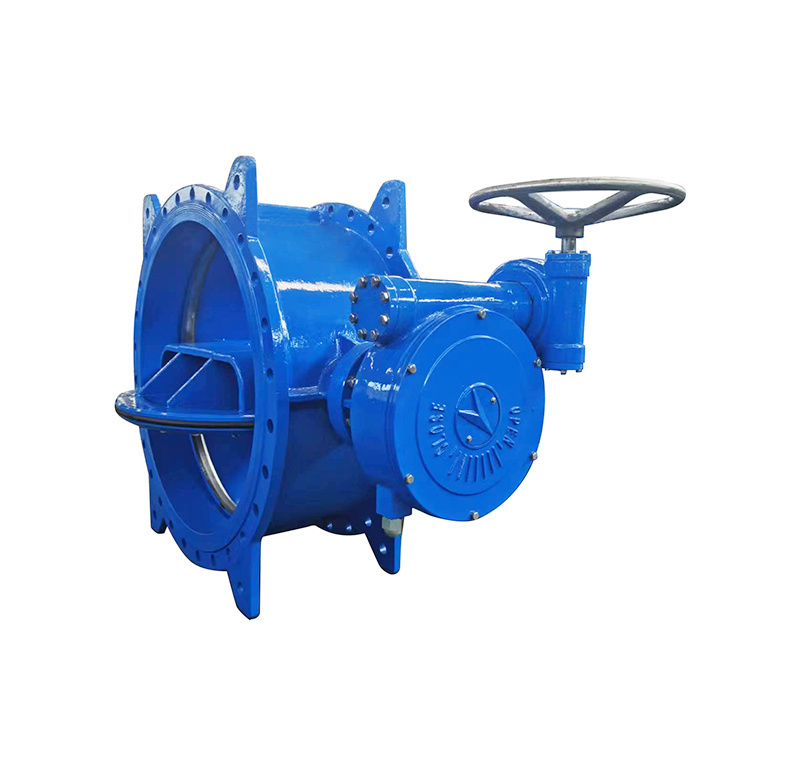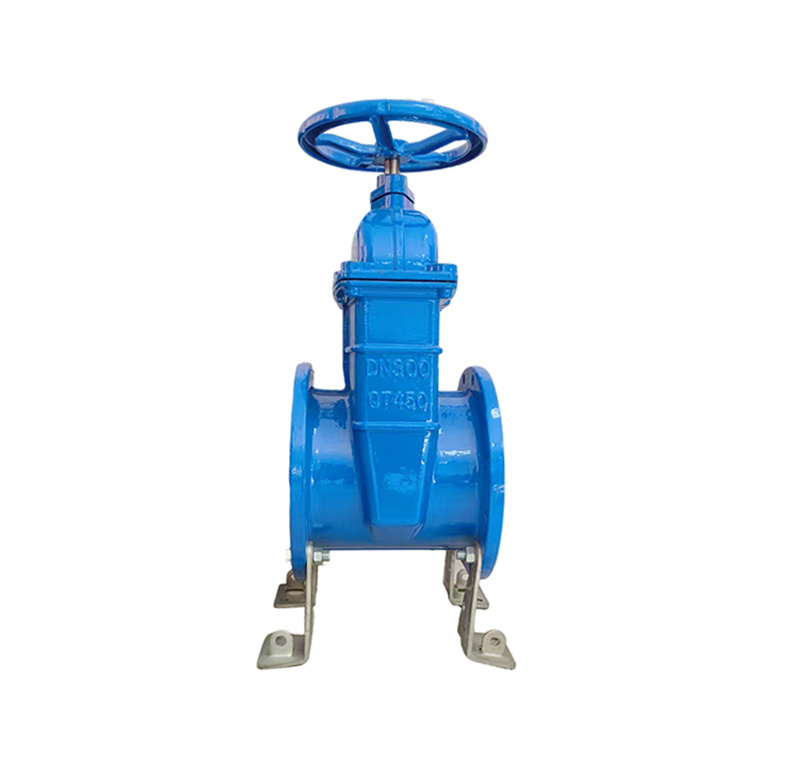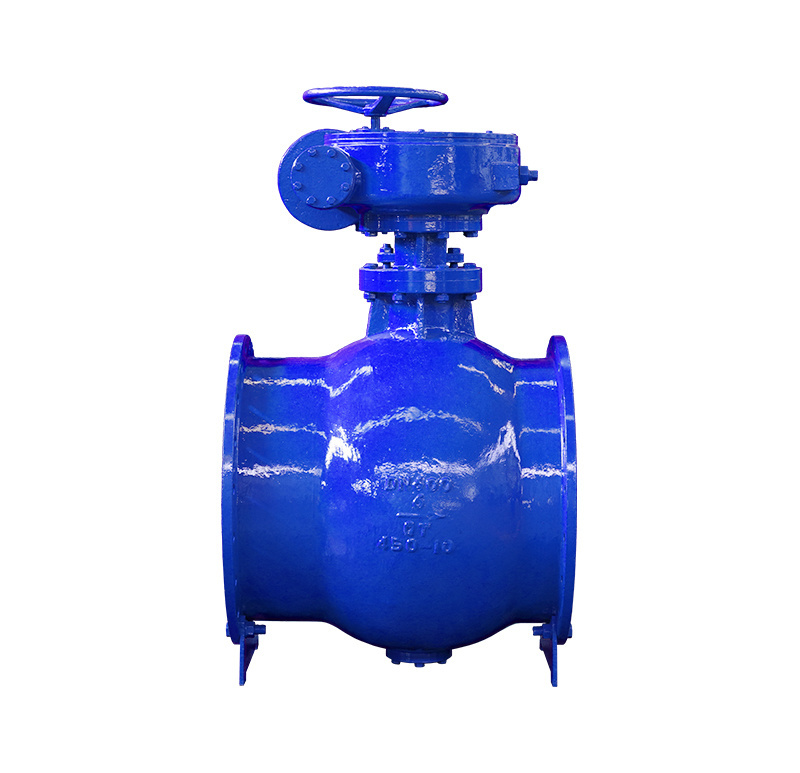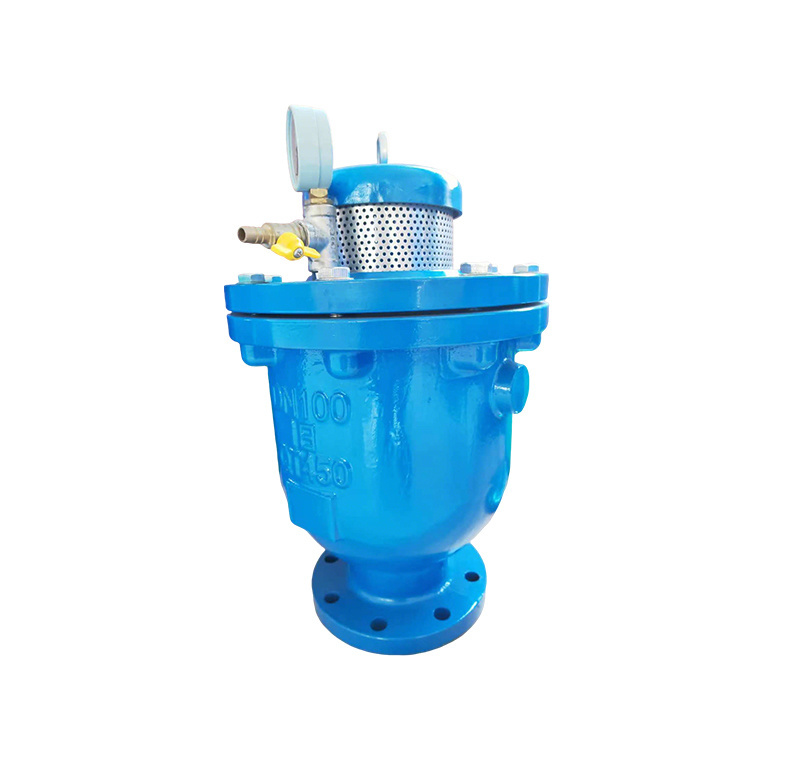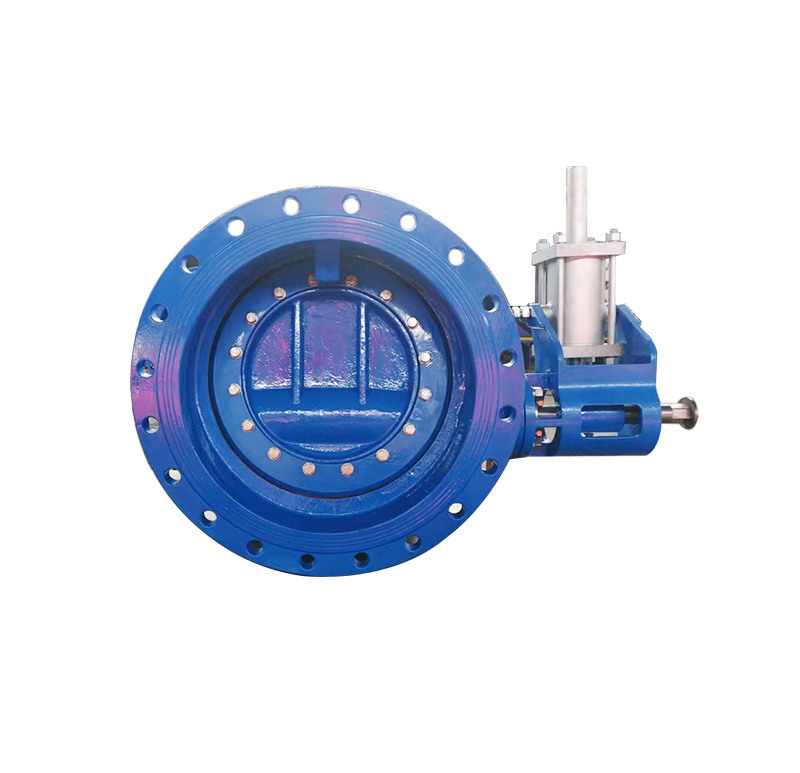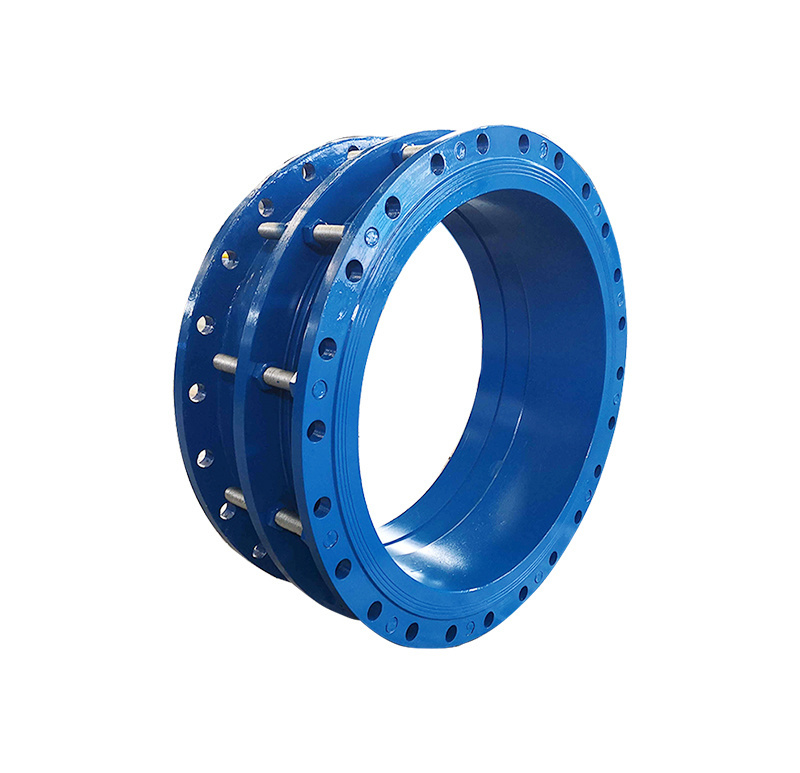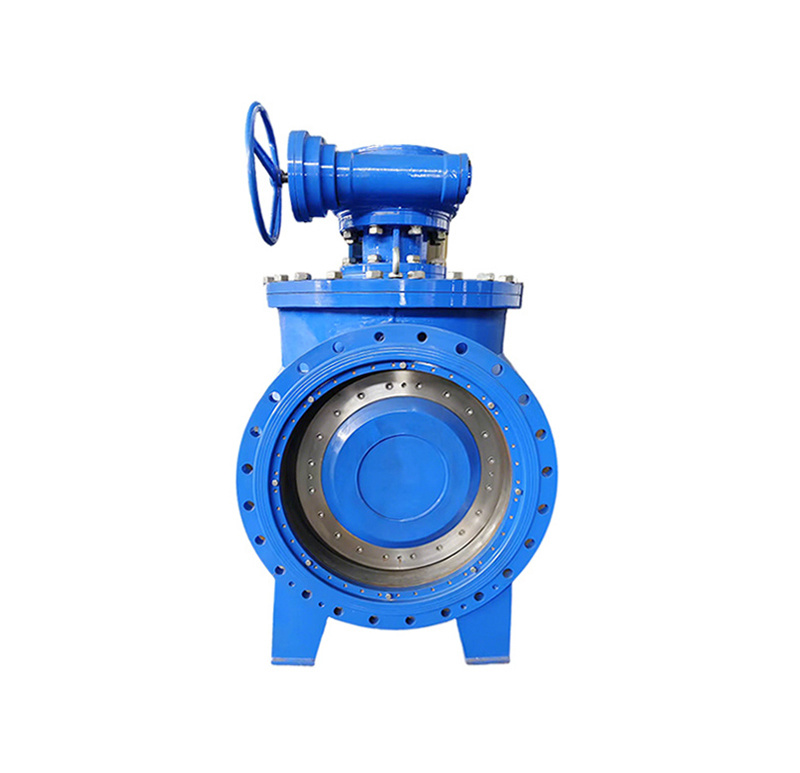The Essential Guide to Durable Seawater Valves: Key Considerations for Industrial Applications
In the industrial equipment sector, particularly in valve manufacturing, the importance of durable seawater valves cannot be overstated. These specialized valves are designed to withstand the harsh conditions presented by seawater environments, including corrosion, pressure fluctuations, and temperature variations. When selecting a durable seawater valve, several key factors should be considered t
In the industrial equipment sector, particularly in valve manufacturing, the importance of durable seawater valves cannot be overstated. These specialized valves are designed to withstand the harsh conditions presented by seawater environments, including corrosion, pressure fluctuations, and temperature variations. When selecting a durable seawater valve, several key factors should be considered to ensure optimal performance and longevity.
First and foremost, material selection is crucial. Durable seawater valves are typically constructed from high-grade materials that resist corrosion, such as bronze, stainless steel, and various coatings. Materials must not only withstand saline conditions but also have the mechanical strength to handle the operational pressures encountered in marine applications. For example, the choice of a corrosion-resistant alloy can significantly impact the valve's lifespan and reliability.
Another important factor is the valve's design and engineering. Valves that incorporate features such as double-sealed packing systems, reinforced body structures, and effective drainage mechanisms are often more durable. These design elements help prevent damage from debris and marine growth, which can impede performance. Additionally, the valve should meet specific industry standards and certifications, ensuring it is built to last under rigorous operational demands.
The maintenance of durable seawater valves plays a vital role in their effectiveness. Regular inspections and scheduled maintenance routines can help identify wear and tear before they lead to significant failures. Implementing a proactive maintenance strategy, including cleaning and lubrication of moving parts, can extend the life of these valves. Furthermore, integrating monitoring technologies such as pressure and temperature sensors can provide real-time data, allowing for timely interventions when abnormal conditions are detected.
It is also essential to consider the application-specific requirements. Different marine environments pose unique challenges, such as varying salinity levels, temperature extremes, and potential exposure to pollutants. Tailoring the selection of durable seawater valves to the specific application ensures that they can handle these challenges effectively. Consulting with engineers or industry experts can provide valuable insights for making informed decisions.
Lastly, it's important to keep abreast of technological advancements in valve design and materials. Innovations in corrosion-resistant coatings and smart valve technologies are continually emerging, providing opportunities for enhanced performance and reliability in seawater applications. Staying informed about these developments allows professionals to leverage the latest solutions to enhance operational efficiency.
In summary, selecting durable seawater valves requires careful consideration of materials, design, maintenance practices, application-specific needs, and industry innovations. By focusing on these key areas, professionals can ensure the reliable operation of valves in demanding marine environments, ultimately contributing to the success of their industrial applications.
First and foremost, material selection is crucial. Durable seawater valves are typically constructed from high-grade materials that resist corrosion, such as bronze, stainless steel, and various coatings. Materials must not only withstand saline conditions but also have the mechanical strength to handle the operational pressures encountered in marine applications. For example, the choice of a corrosion-resistant alloy can significantly impact the valve's lifespan and reliability.
Another important factor is the valve's design and engineering. Valves that incorporate features such as double-sealed packing systems, reinforced body structures, and effective drainage mechanisms are often more durable. These design elements help prevent damage from debris and marine growth, which can impede performance. Additionally, the valve should meet specific industry standards and certifications, ensuring it is built to last under rigorous operational demands.
The maintenance of durable seawater valves plays a vital role in their effectiveness. Regular inspections and scheduled maintenance routines can help identify wear and tear before they lead to significant failures. Implementing a proactive maintenance strategy, including cleaning and lubrication of moving parts, can extend the life of these valves. Furthermore, integrating monitoring technologies such as pressure and temperature sensors can provide real-time data, allowing for timely interventions when abnormal conditions are detected.
It is also essential to consider the application-specific requirements. Different marine environments pose unique challenges, such as varying salinity levels, temperature extremes, and potential exposure to pollutants. Tailoring the selection of durable seawater valves to the specific application ensures that they can handle these challenges effectively. Consulting with engineers or industry experts can provide valuable insights for making informed decisions.
Lastly, it's important to keep abreast of technological advancements in valve design and materials. Innovations in corrosion-resistant coatings and smart valve technologies are continually emerging, providing opportunities for enhanced performance and reliability in seawater applications. Staying informed about these developments allows professionals to leverage the latest solutions to enhance operational efficiency.
In summary, selecting durable seawater valves requires careful consideration of materials, design, maintenance practices, application-specific needs, and industry innovations. By focusing on these key areas, professionals can ensure the reliable operation of valves in demanding marine environments, ultimately contributing to the success of their industrial applications.









